Thousands of rockets have been fired at Israel from the Gaza Strip since the start of the war begun by Hamas on October 7 – and while many Israelis can take cover in reinforced concrete rooms built into their apartments and houses, there are more than 1.6 million homes in the country that do not provide their residents with such shelter.
Since 1992, Israeli law has dictated that a bomb-proof room – known colloquially as a “mamad” (the Hebrew acronym for protected apartment space) – must be installed in all new residential and industrial buildings. But there are still millions of citizens living in homes constructed prior to that, who are left vulnerable to rocket fire or shrapnel that falls when the missiles are knocked out of the sky by Israeli defenses.
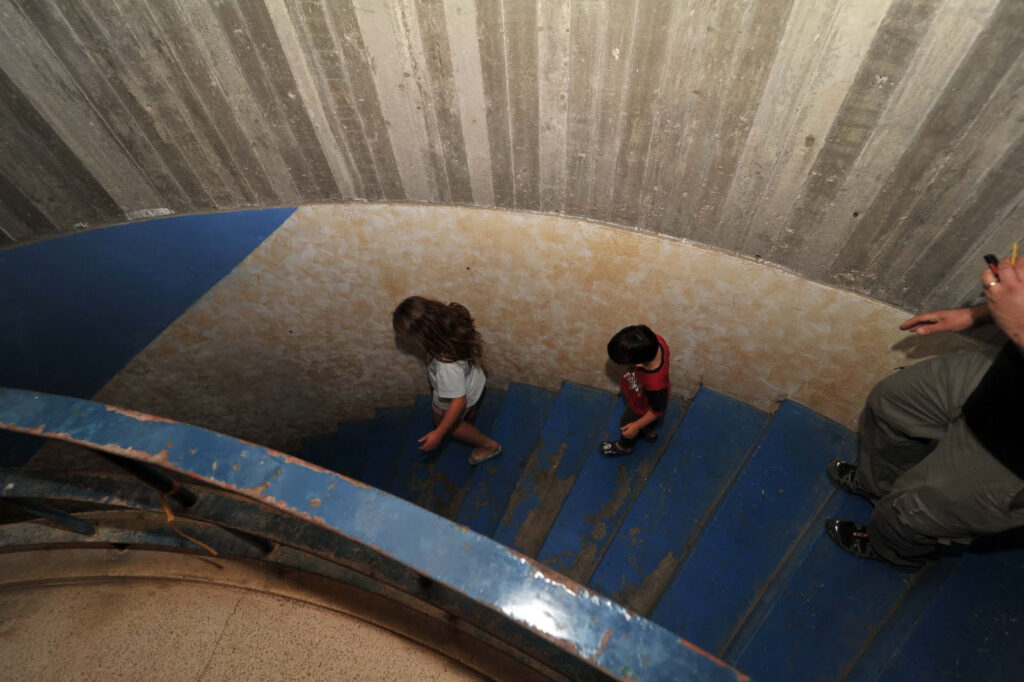
Israeli startup Ortech Defence Systems has developed patented wall panels that it says can protect any room in any kind of building against blast hits, fragmentation and even forced entry.
The panels, which can be fully applied to a room within just a week, are made of a combination of polymers and fiberglass that are constructed over steel beams. The windows and doors, however, cannot be reinforced by the solution and are replaced with their airtight, steel versions used in conventional secure rooms.
Avida Stern, VP of business development at Ortech, tells NoCamels that tests conducted by the Israel Defense Forces (IDF) found that rooms reinforced with the company’s wall panels were even able to withstand the detonation of 800 kg of TNT.
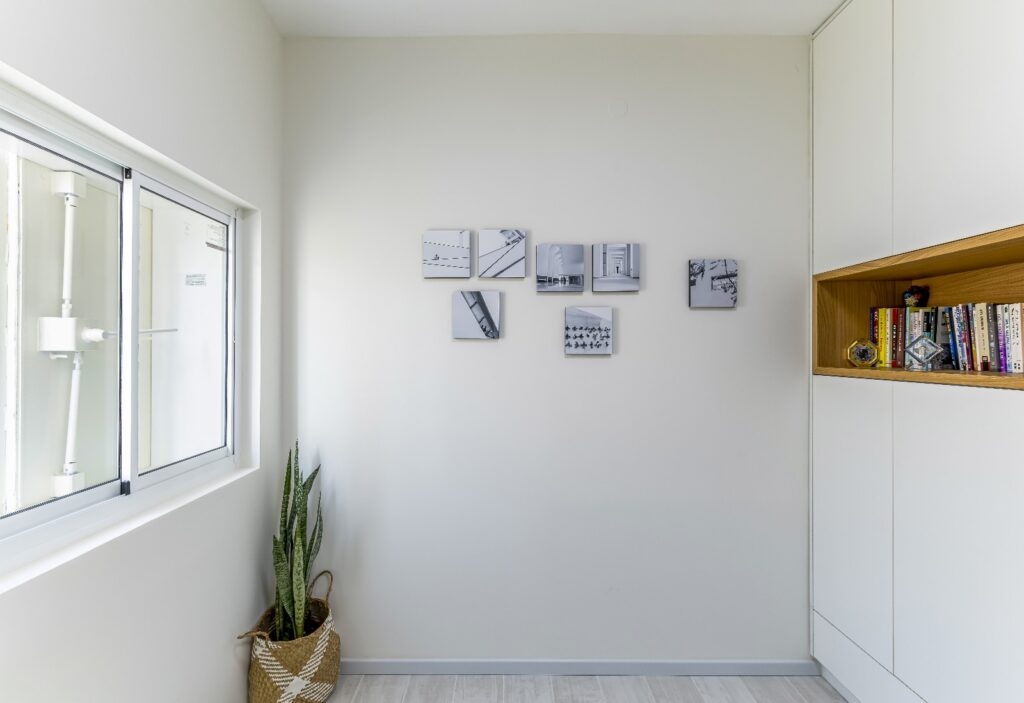
“With eight millimeters of material, we’re giving a room the strength of a protective shelter,” says Stern.
He says there are no construction limits, and that the Ortech solution can be used in any building, even the ones that cannot have concrete shelters installed due to their weight.
“Our solution is so light that it doesn’t affect the construction of the building,” Stern explains.
Since the war began, Ortech’s wall panel solution has been in such high demand that it reflects three years of normal activity for the startup, according to Stern.
“We can’t even count the number of orders we’ve received,” he says. “We had more than 10,000 people calling us within two weeks.”
Sign up for our free weekly newsletter
SubscribeIn the southern city of Be’er Sheva, for example, the company has just finished reinforcing the Jewish Agency-run, 156-room Amigour sheltered housing for Holocaust survivors. In Ashdod, the startup is working to reinforce a residential building for new immigrants to Israel.
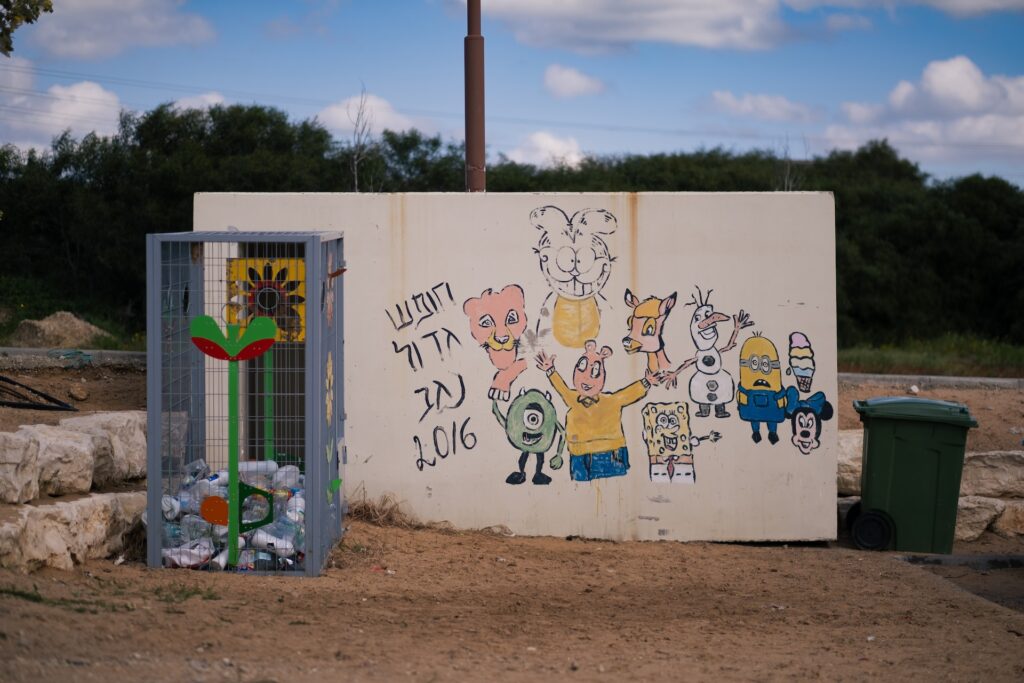
Even so, meeting orders has proven to be a challenge for the startup since the start of the war. Its main manufacturing facility is located at Kibbutz Karmia, one of the Gaza border communities that was attacked by Hamas on October 7. Until very recently, the area was completely sealed off as a closed military zone.
“We cannot give service to everybody at the same time, but we’re doing everything we can,” Stern says.
And the wall panels are not only reinforcing Israeli homes. The company is also aiding Israel’s Ministry of Defense as well as the IDF for security purposes in the ongoing war, but Stern says he cannot disclose any further details.
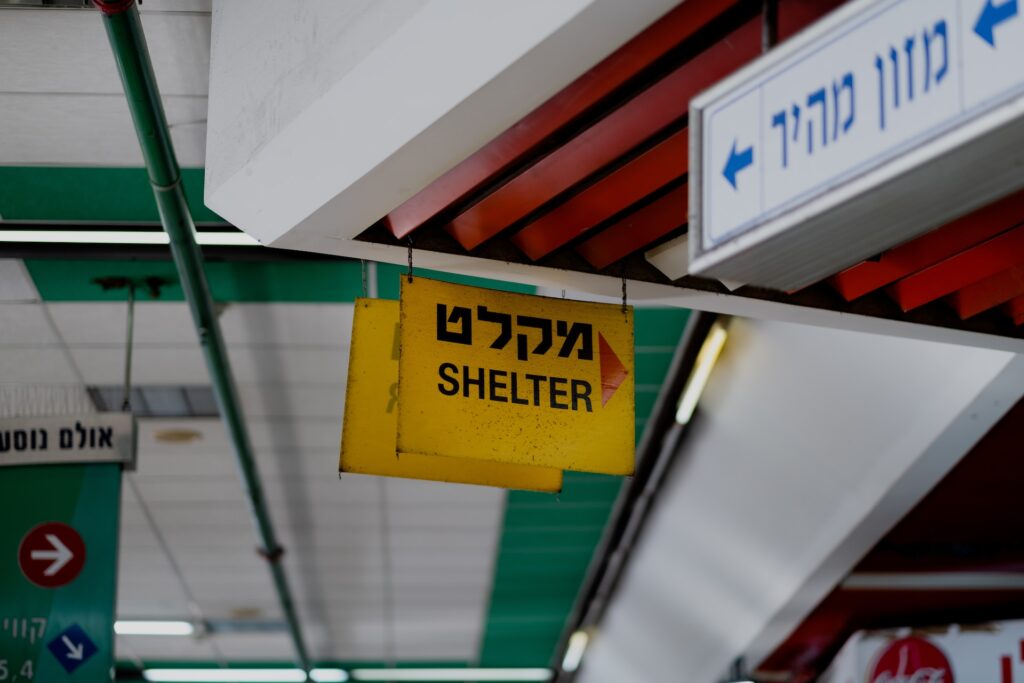
“We did everything inside to make it happen so that it will be secured and safe for the Israeli troops,” Stern says.
The Home Front Command, the military unit responsible for preparing the civilian population for conflicts and disasters, says Ortech’s solution is 97 percent as effective as a mamad, but does stress that a mamad is still the best solution.
The Ortech solution, says Stern, is not a replacement for a mamad, but a protective alternative for the family who cannot install a concrete shelter in their fifth-floor apartment, for example.
“It’s much better to have a second-best solution than to be exposed to the risks,” he says.
Related posts

Editors’ & Readers’ Choice: 10 Favorite NoCamels Articles

Forward Facing: What Does The Future Hold For Israeli High-Tech?

Impact Innovation: Israeli Startups That Could Shape Our Future


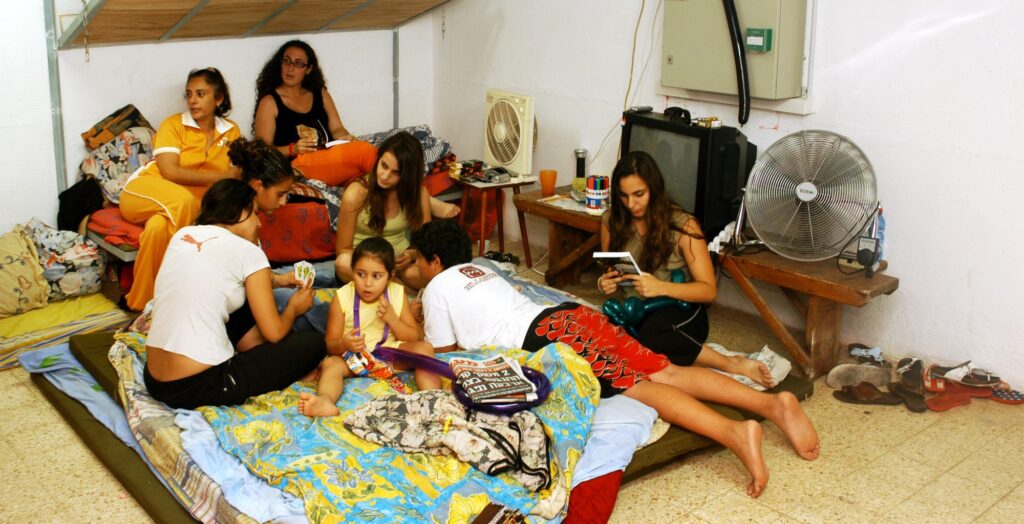

Facebook comments